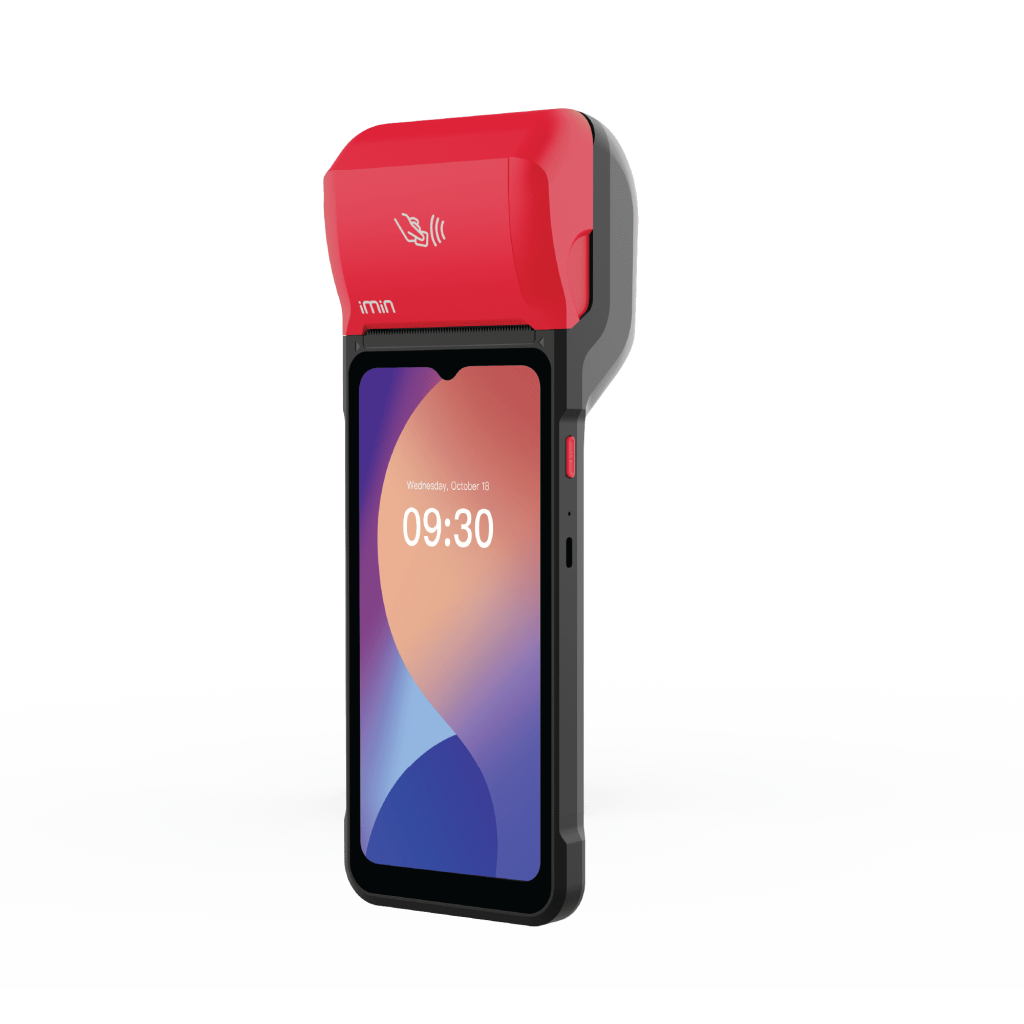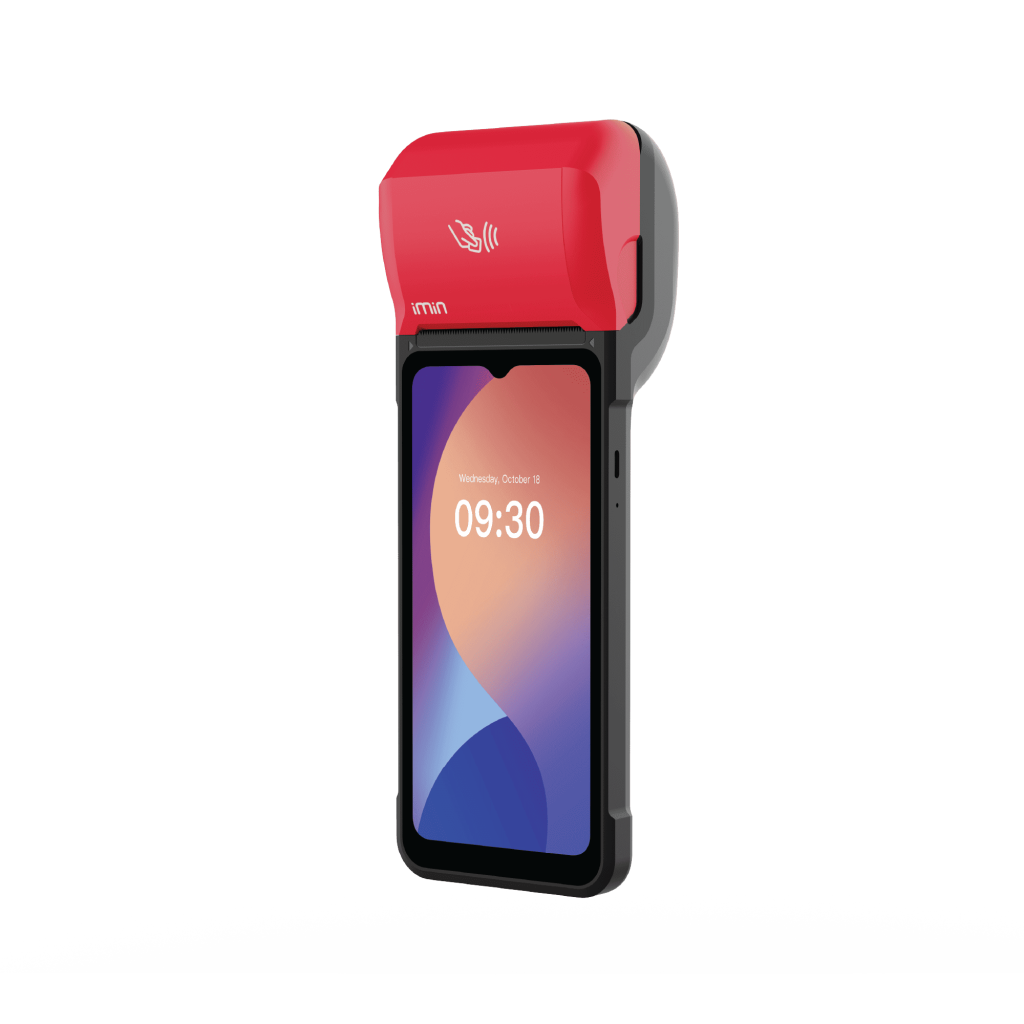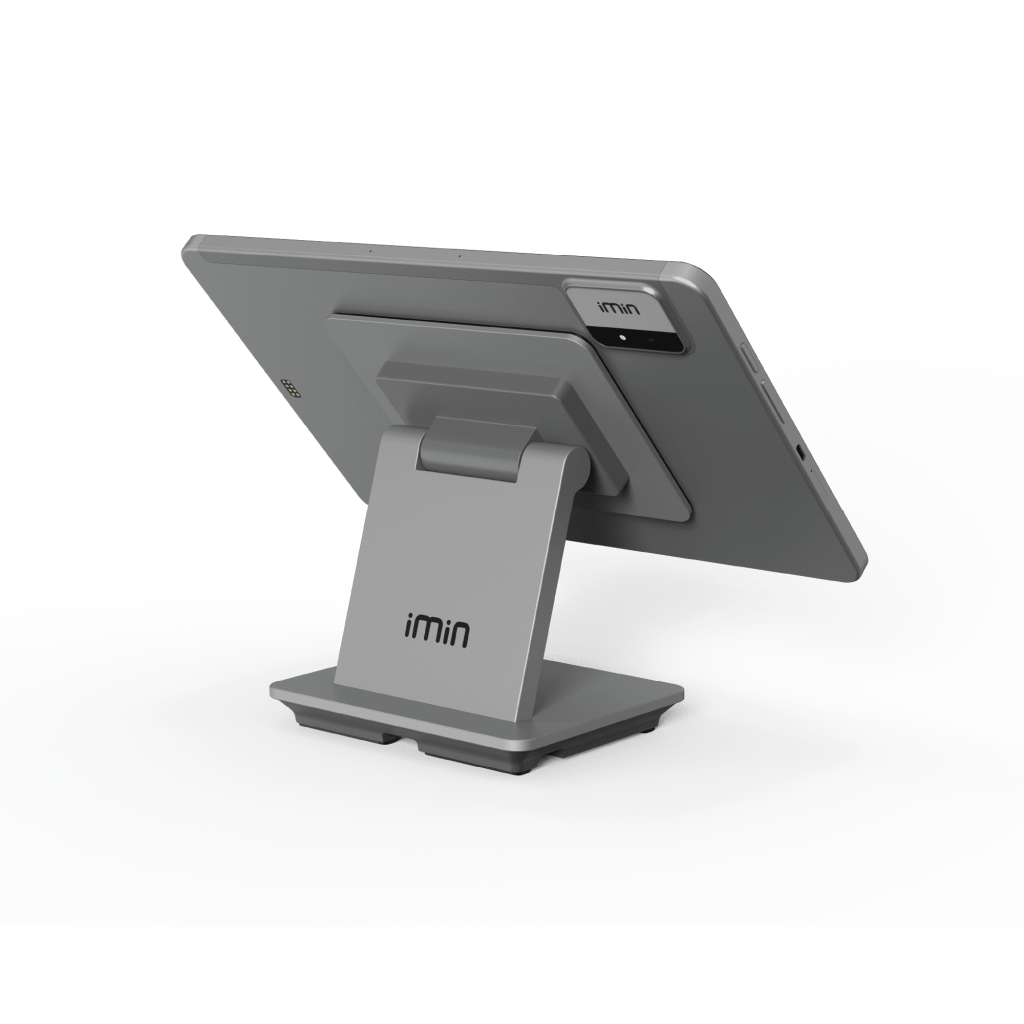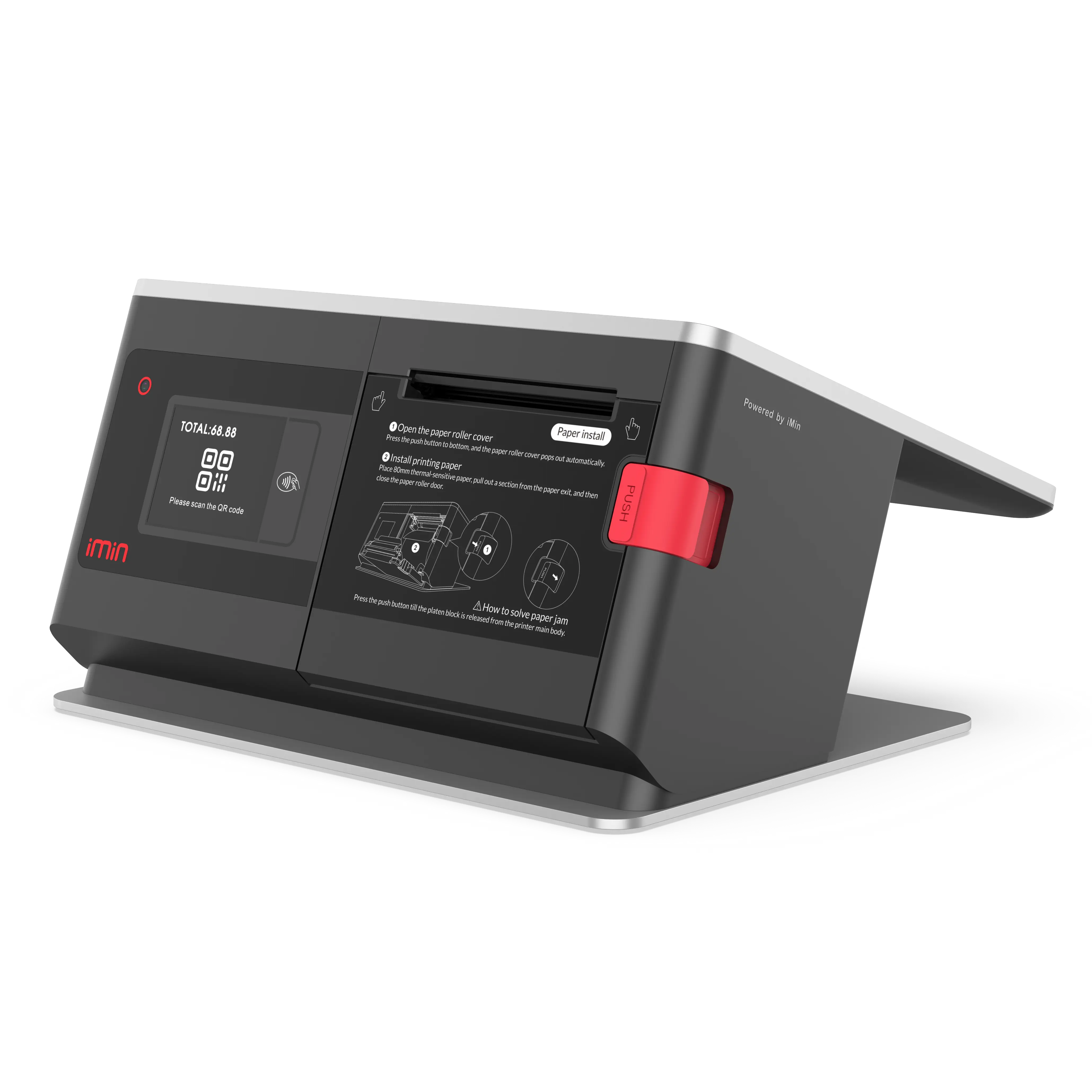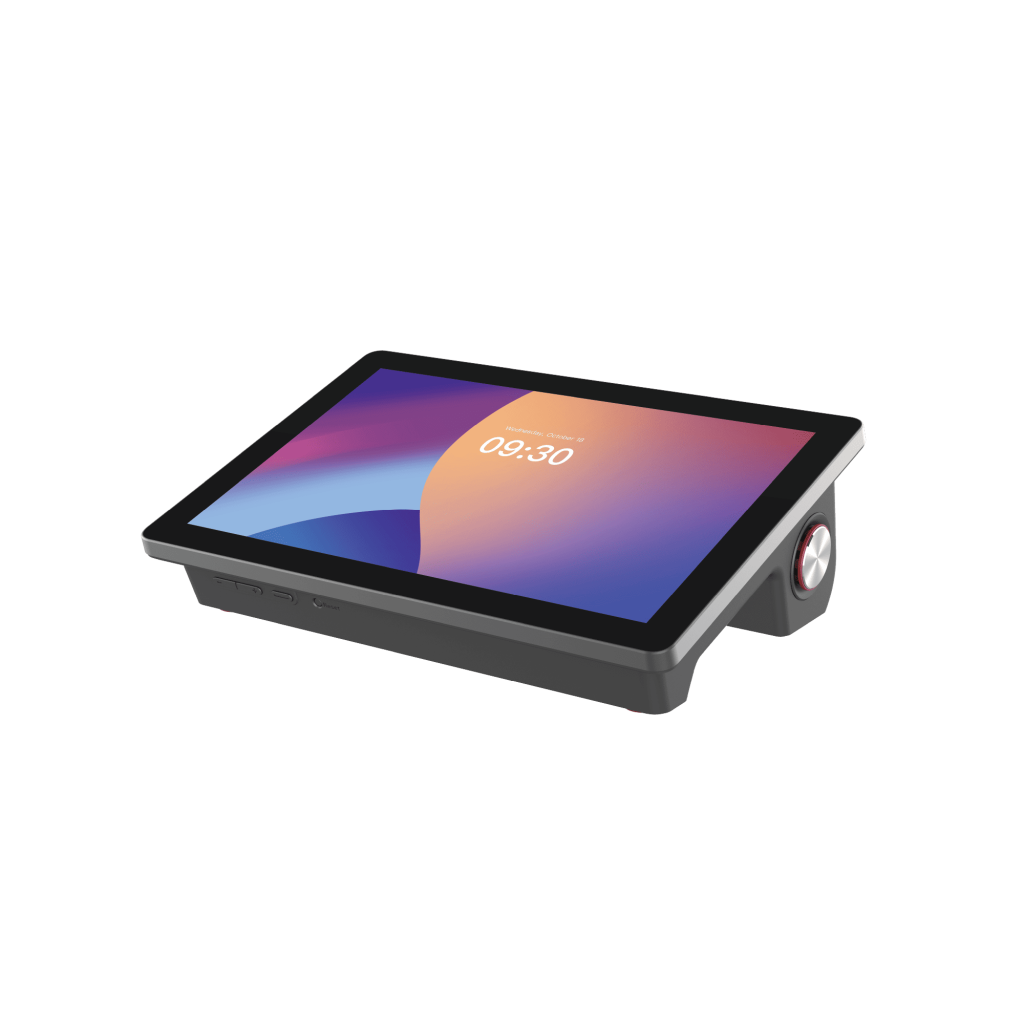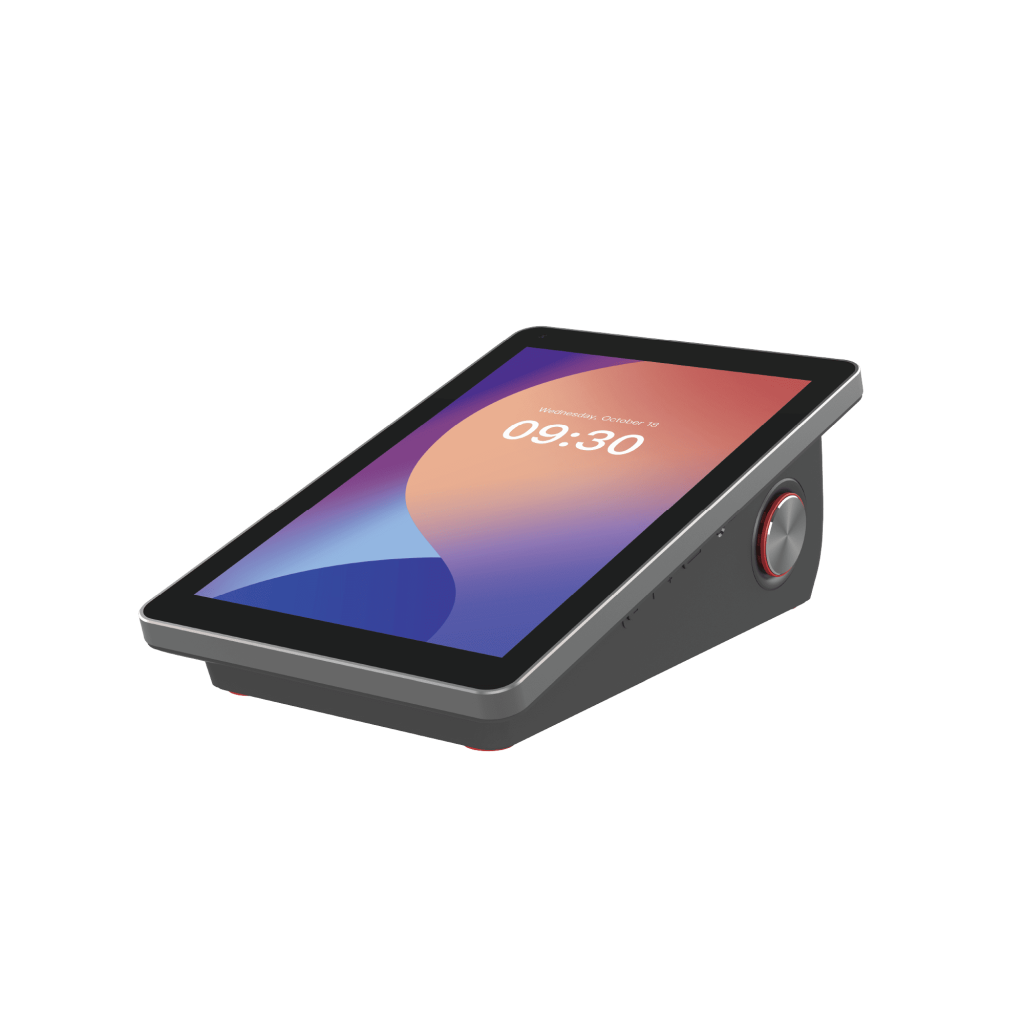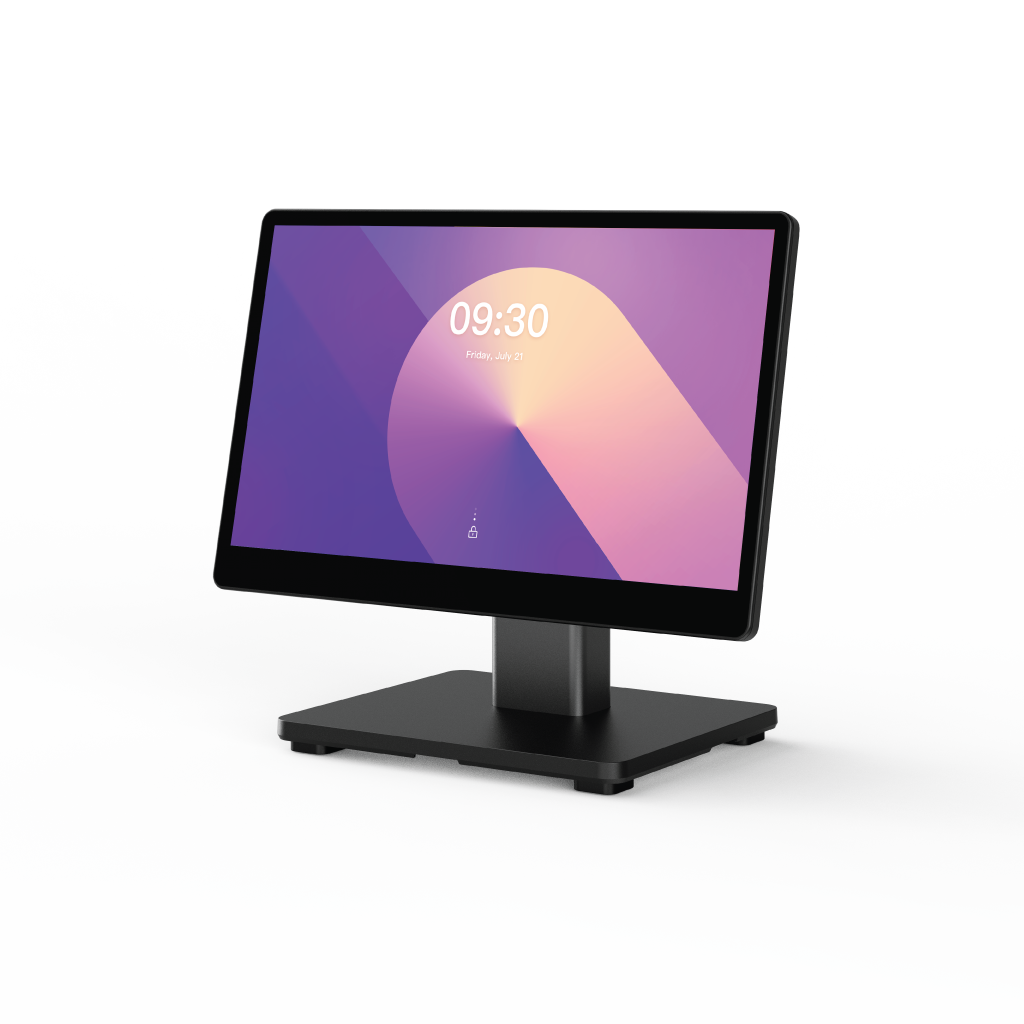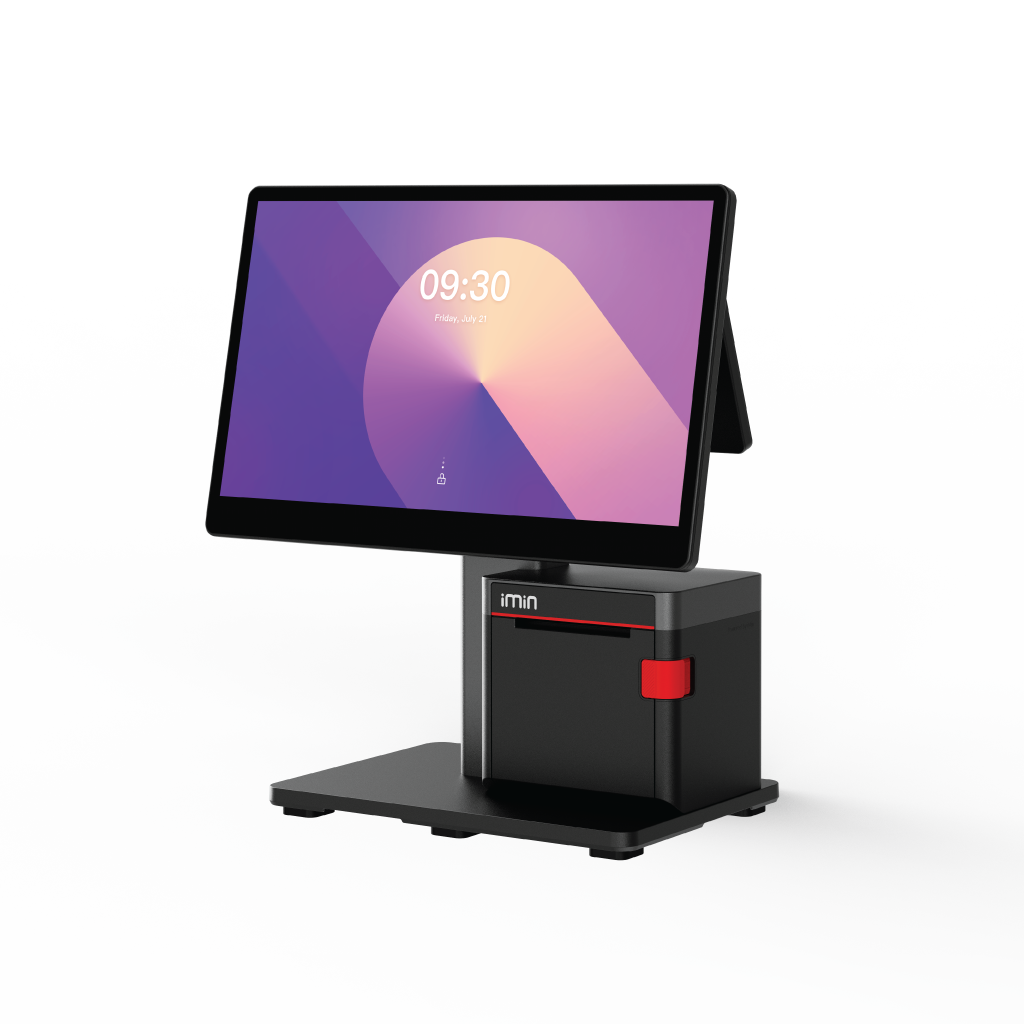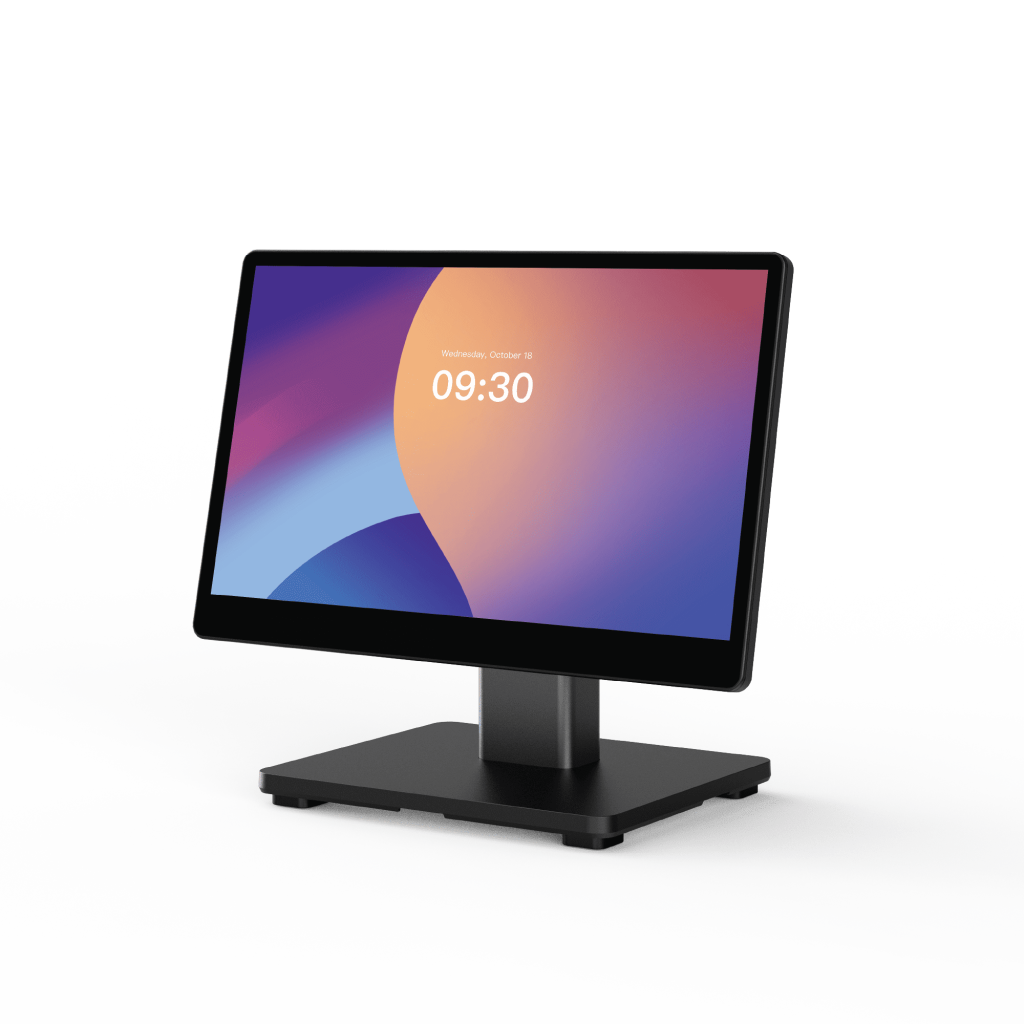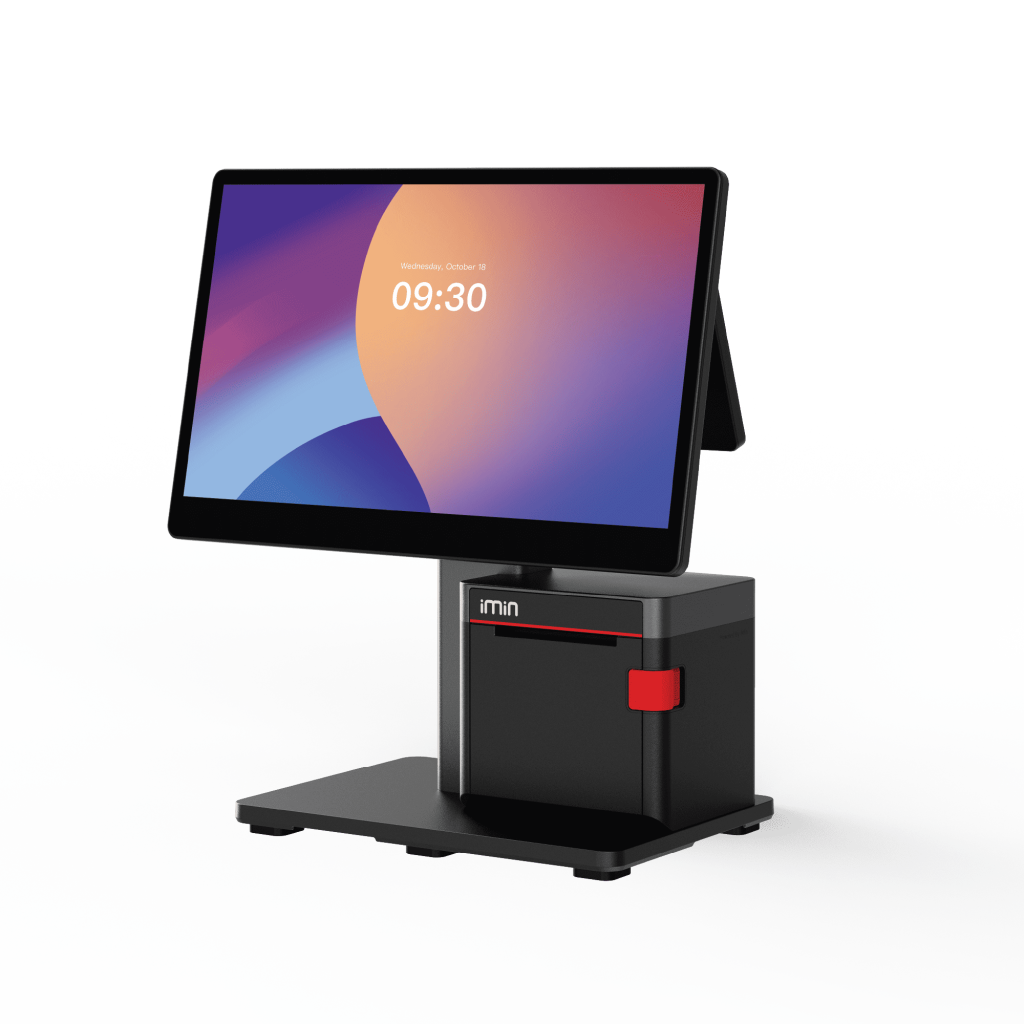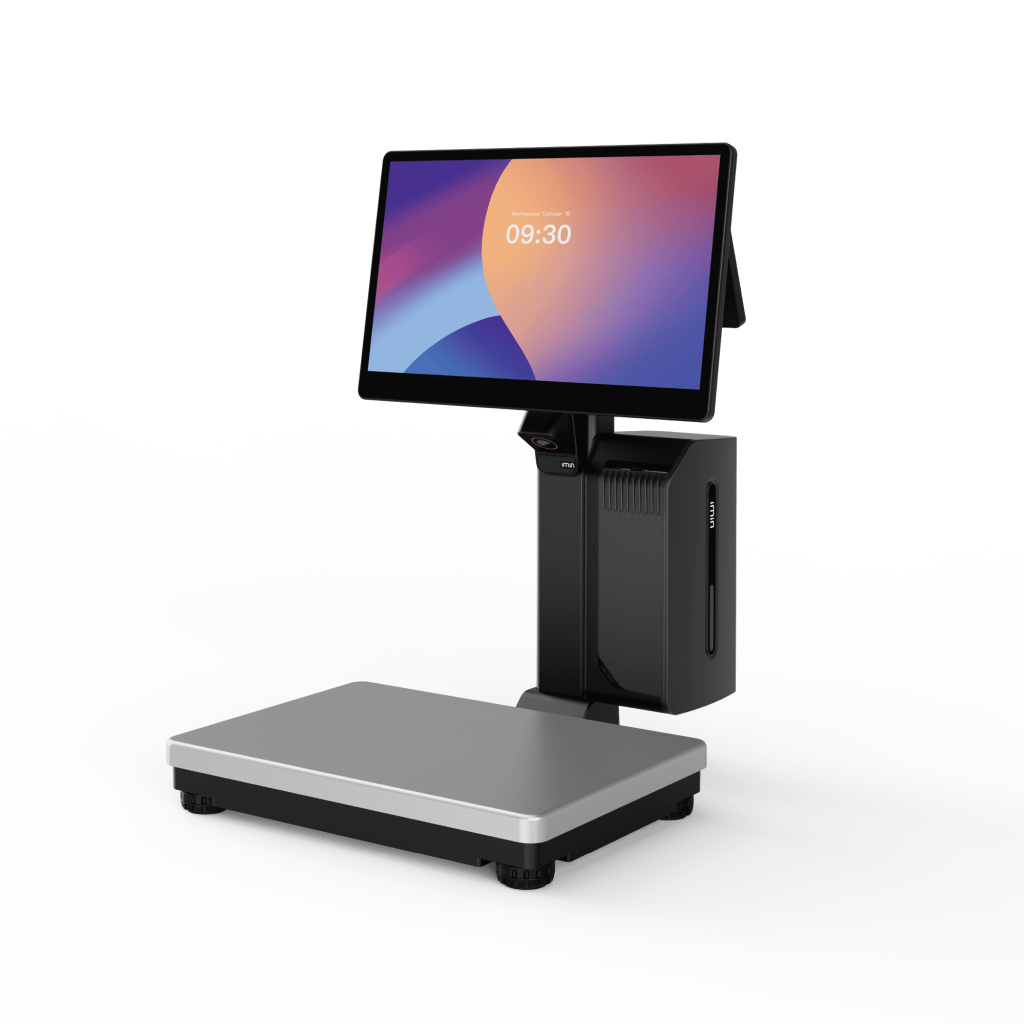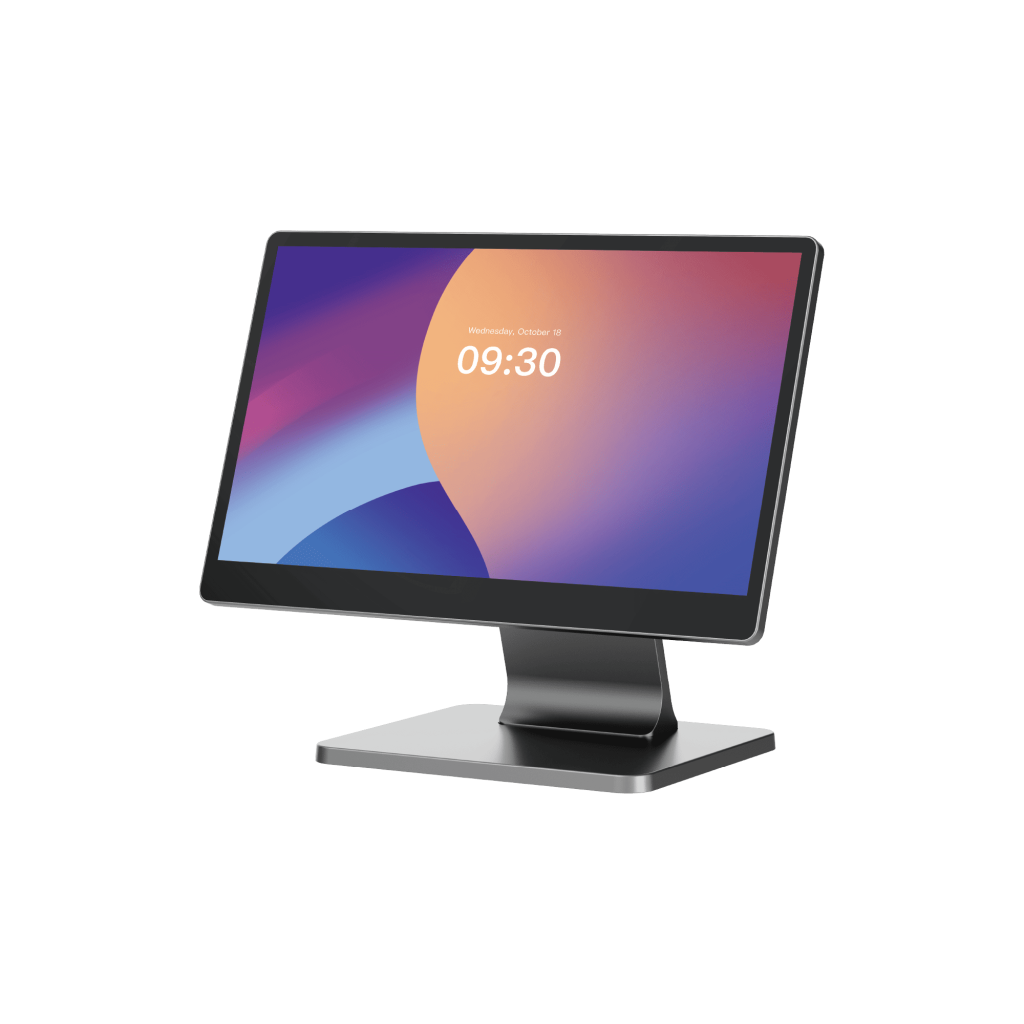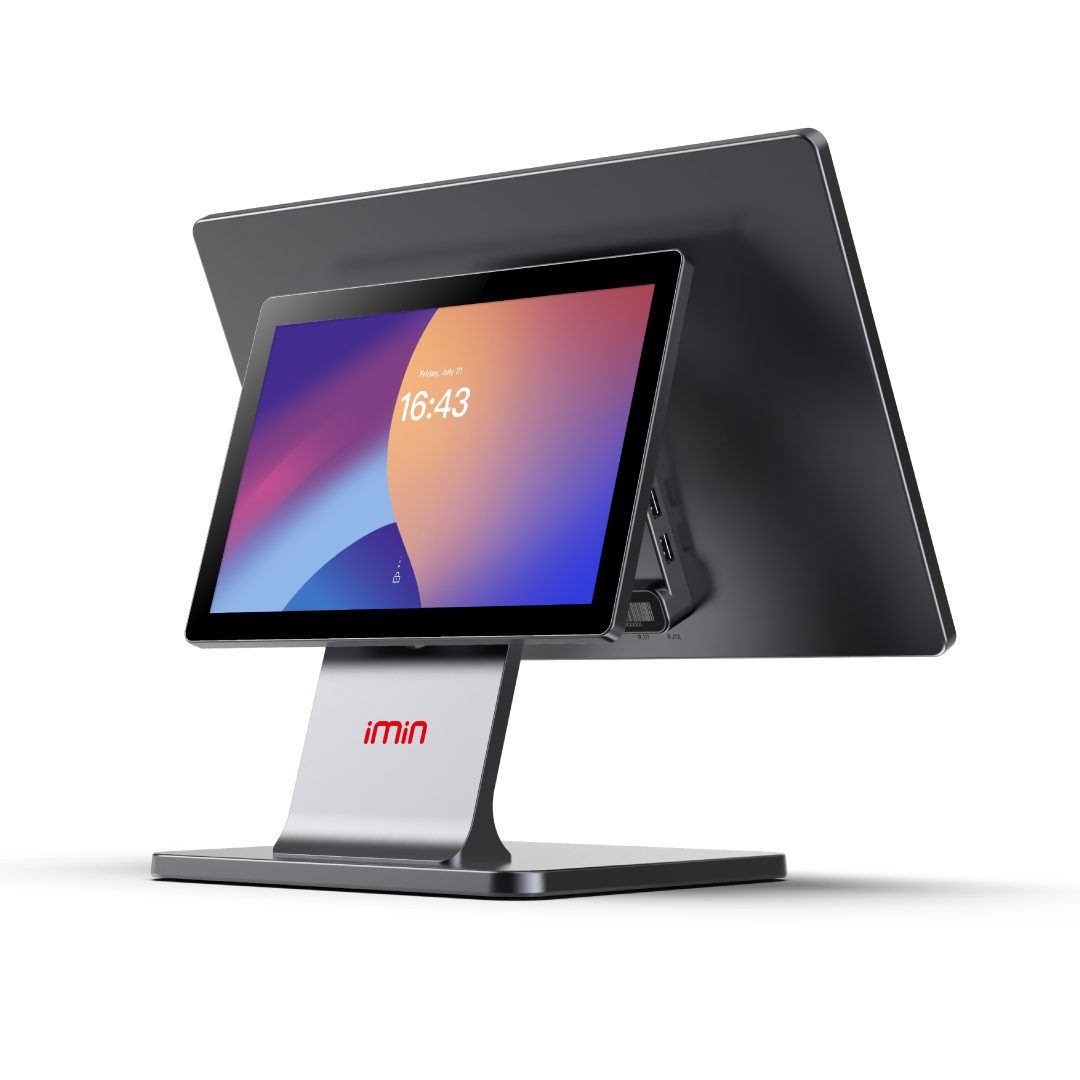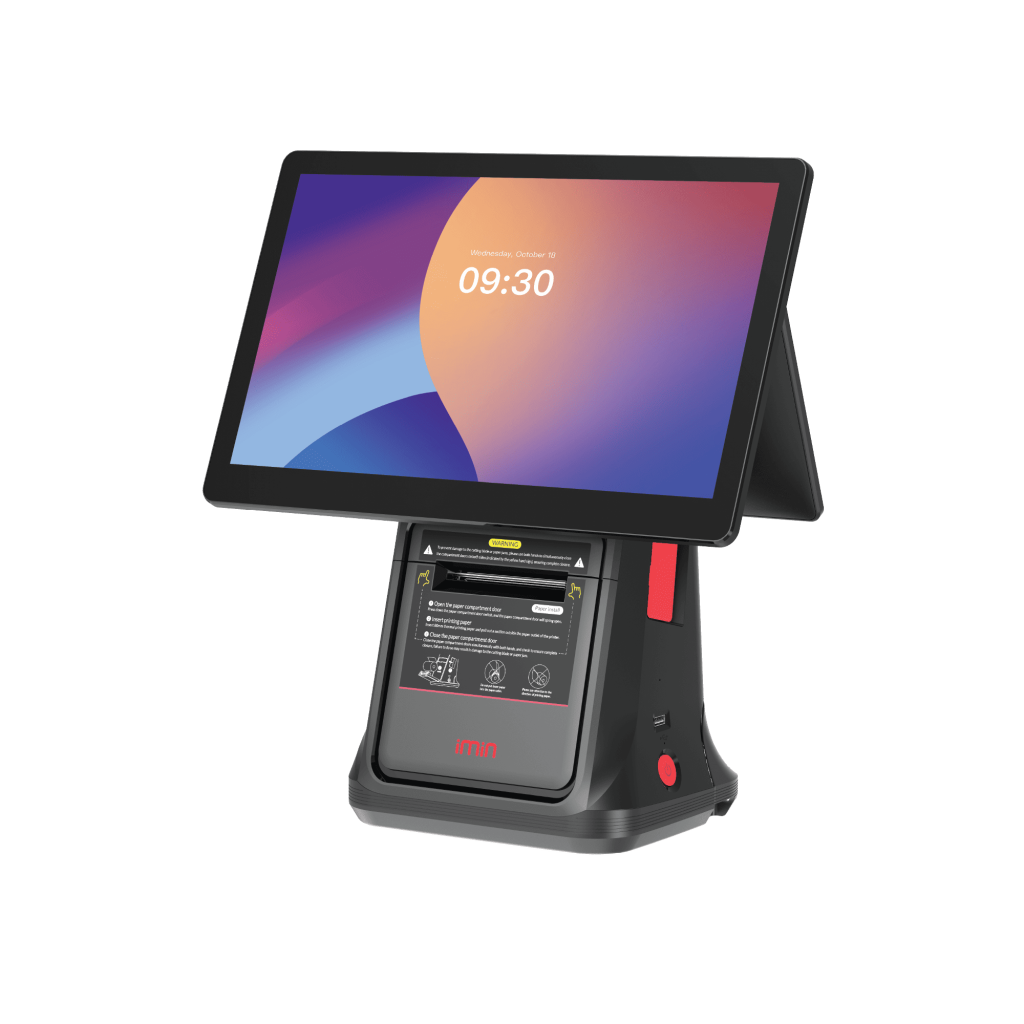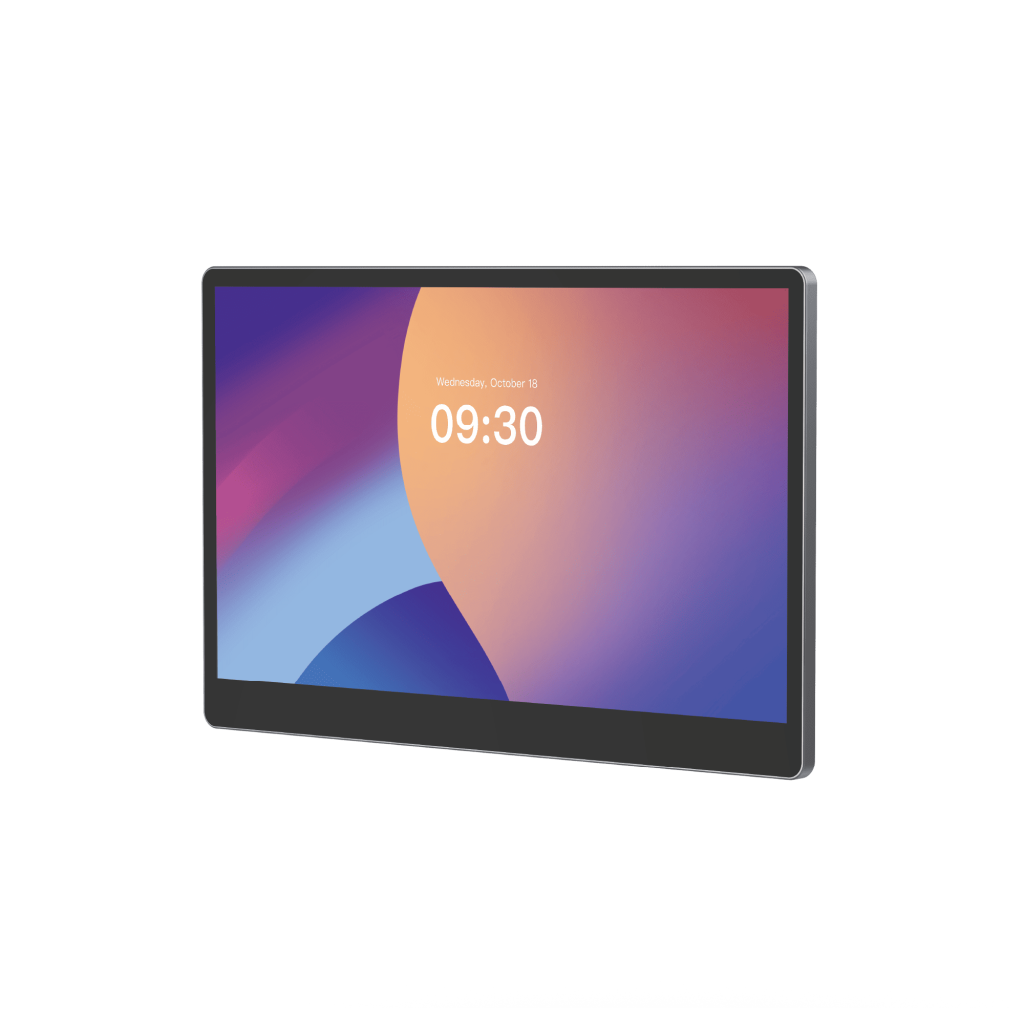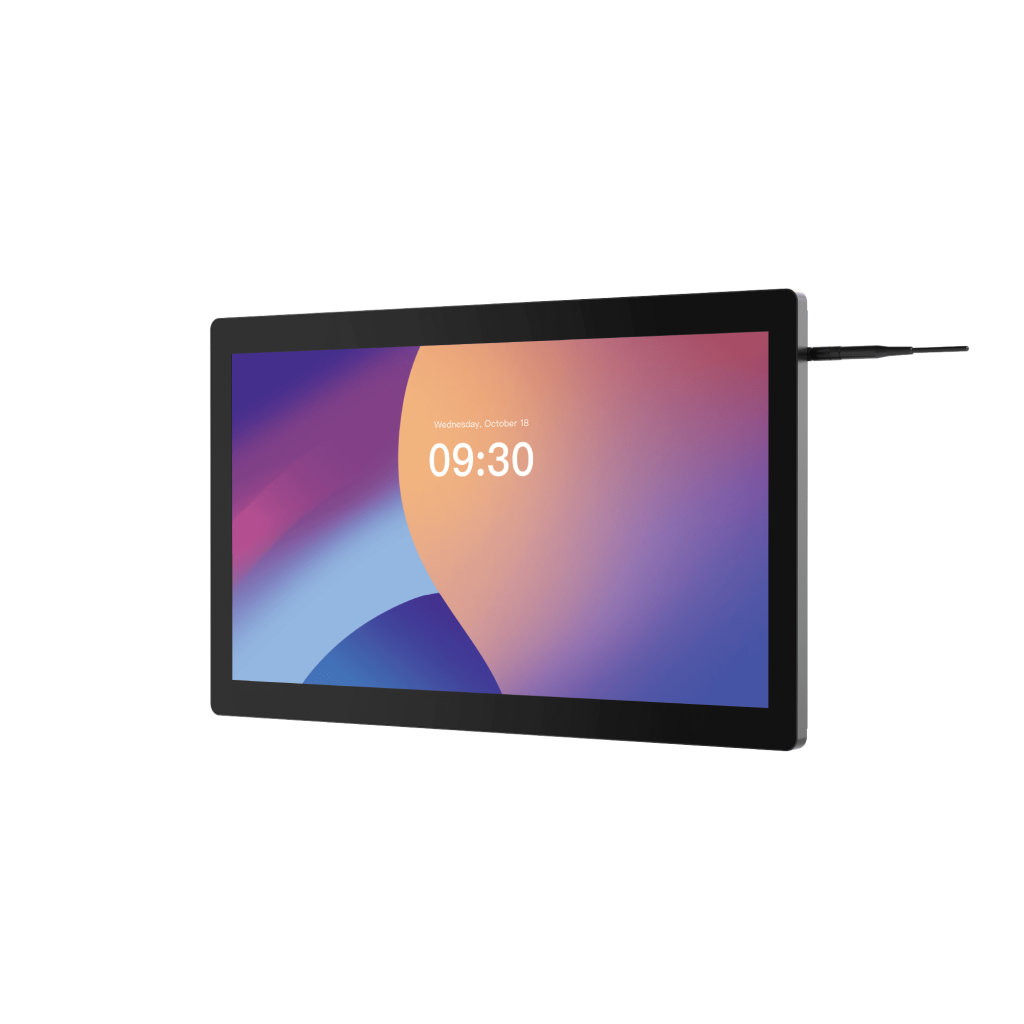Subscribe to newsletter
Check out our POS product lineup
What is POS Analytics?
In the ever-evolving landscape of retail and commerce, businesses are constantly seeking innovative ways to gain insights, streamline operations, and enhance customer experiences. Amidst these endeavors, POS analytics emerges as a pivotal tool, revolutionizing the way companies understand and optimize their operations.
At its core, POS analytics refers to the process of leveraging data generated at the point of sale to derive actionable insights. When unraveled, this data encompasses a treasure trove of information, including transaction details, customer purchase history, inventory levels, customer preferences, and more. By harnessing advanced reporting tools through analytics softwares and techniques, businesses can convert this raw data into valuable insights, enabling informed decision-making across various operational aspects.
In today’s competitive market, data is undeniably a catalyst for success. POS analytics empowers businesses to delve deeper into customer behavior patterns, understand buying trends, and anticipate future demands. By analyzing sales patterns, businesses can optimize inventory management, ensuring that shelves are stocked with the right products at the right time. This not only minimizes stockouts but also reduces excess inventory, thereby improving overall operational efficiency and profitability.
Furthermore, POS analytics provides invaluable insights into customer preferences and behaviors. Understanding individual purchasing habits allows businesses to personalize marketing strategies, tailor promotions, and create targeted loyalty programs, fostering stronger relationships with customers and enhancing their overall shopping experience.
Benefits of using POS Analytics:
Holistic Insights Driving Informed Decision-Making
The primary boon of POS analytics lies in its capacity to transform raw transactional data into actionable intelligence. By delving deep into the minutiae of sales records, businesses gain profound insights into customer behavior, preferences, and purchasing patterns. This comprehensive understanding fuels data-driven decision-making, enabling businesses to craft personalized marketing strategies, optimize product offerings, and tailor services to cater to individual customer needs.
Enhanced Customer Experiences and Loyalty
In the era where customer experience reigns supreme, POS analytics emerges as a catalyst for fostering unparalleled customer satisfaction and loyalty. By deciphering intricate customer preferences and purchasing behaviors, businesses can develop customer profiles and offer tailored experiences and personalized promotions. This personalized approach resonates deeply with customers, forging emotional connections and fostering brand loyalty, thus creating loyal customers and increasing customer retention.
Agility in Response to Market Dynamics
The real-time nature of POS analytics equips businesses with the agility to adapt swiftly to evolving market dynamics. Through instantaneous access to sales data, businesses can identify emerging trends, anticipate shifts in consumer behavior, and respond promptly to changing market demands. This proactive approach empowers businesses to stay ahead of the curve, strategize effectively, and capitalize on emerging opportunities.
Strategic Decision-Making and Revenue Growth
Moreover, POS analytics serves as the compass guiding strategic initiatives and investments. Informed by comprehensive data insights, businesses can make strategic business decisions with confidence, allocating resources effectively, and optimizing marketing efforts. This strategic precision translates into tangible revenue growth, as businesses pivot towards customer-centric strategies that resonate deeply with their target audience.
Enhancing Operational Efficiency
The implementation of POS analytics isn’t solely about understanding customers—it also plays a pivotal role in enhancing internal operations. By scrutinizing sales data, businesses can identify peak hours, enabling better staff scheduling to meet customer demand effectively. Moreover, insights derived from POS analytics aid in assessing the performance of different products or services, enabling businesses to focus on high-performing items and optimize their offerings accordingly.
The real-time nature of POS analytics is another game-changer. With instantaneous access to sales data, businesses can make quick and informed decisions, promptly responding to market changes, sales trends, or unexpected shifts in demand, while also providing greater inventory control. This agility is crucial in today’s dynamic business environment, allowing companies to stay ahead of the curve and adapt swiftly to evolving customer needs.
Challenges and concerns:
Implementing POS analytics, while immensely beneficial, comes with its set of challenges and considerations that businesses need to navigate effectively:
Data Security and Privacy Concerns:
The paramount concern revolves around safeguarding sensitive customer information. POS systems accumulate vast amounts of customer transactions and personal data, necessitating robust security measures to protect against potential breaches or cyber threats. Compliance with data protection regulations, such as GDPR or CCPA, is crucial to ensure ethical and legal handling of customer data.
Data Integration and Compatibility:
Integrating POS analytics across diverse systems and platforms within a business can be intricate. Legacy systems might pose compatibility issues, requiring meticulous planning and seamless integration to ensure a cohesive flow of data. Inconsistent or disparate data sources could hinder the accuracy and reliability of analytical insights.
Data Quality and Interpretation:
The quality of data fed into the analytics engine significantly impacts the accuracy of insights derived. Inaccurate or incomplete data can lead to flawed interpretations and misguided decisions. Additionally, interpreting the complex web of data requires skilled data analysts or specialized software capable of navigating through vast datasets and deriving meaningful conclusions.
Continuous Monitoring and Optimization:
POS analytics is not a one-time implementation; it requires continuous monitoring and optimization. Analytical models need periodic refinement to adapt to changing market dynamics and evolving customer behaviors. Regular updates and improvements ensure that the insights derived remain relevant and valuable.
Navigating these challenges demands a holistic approach that addresses technological, organizational, and strategic aspects. By proactively addressing these considerations, businesses can unlock the full potential of POS analytics while mitigating associated risks, fostering innovation, and driving sustainable growth.
The Future of POS Analytics
As technology continues to advance, the future of POS analytics holds promising prospects. Artificial Intelligence (AI) and Machine Learning (ML) are increasingly being integrated into POS systems, enabling predictive analytics that forecast future trends with higher accuracy. This predictive capability empowers businesses to proactively strategize, anticipate market changes, and make preemptive decisions, further optimizing their operations.
Moreover, the evolution of cloud-based POS systems offers business owners scalability and flexibility, allowing businesses of all sizes to access advanced analytics without heavy infrastructure investments. This democratization of analytics levels the playing field, enabling smaller enterprises to harness the power of data to compete effectively in the market.
Conclusion
In a landscape where business opportunities are illuminated by data, POS analytics stands as a beacon, paving ways for businesses aiming to thrive in an ever-competitive market. By transforming raw transactional data into actionable business insights through advanced analysis, businesses can unlock new dimensions of growth, efficiency, customer satisfaction and customer loyalty. Embracing the potential of POS analytics isn’t just about analyzing sales—it’s about shaping smarter, more agile, and customer-centric businesses poised for success in the digital age.
As businesses continue to navigate the complexities of modern commerce, those leveraging POS analytics will undoubtedly stand at the forefront of innovation, armed with the invaluable power of data-driven decision-making.
